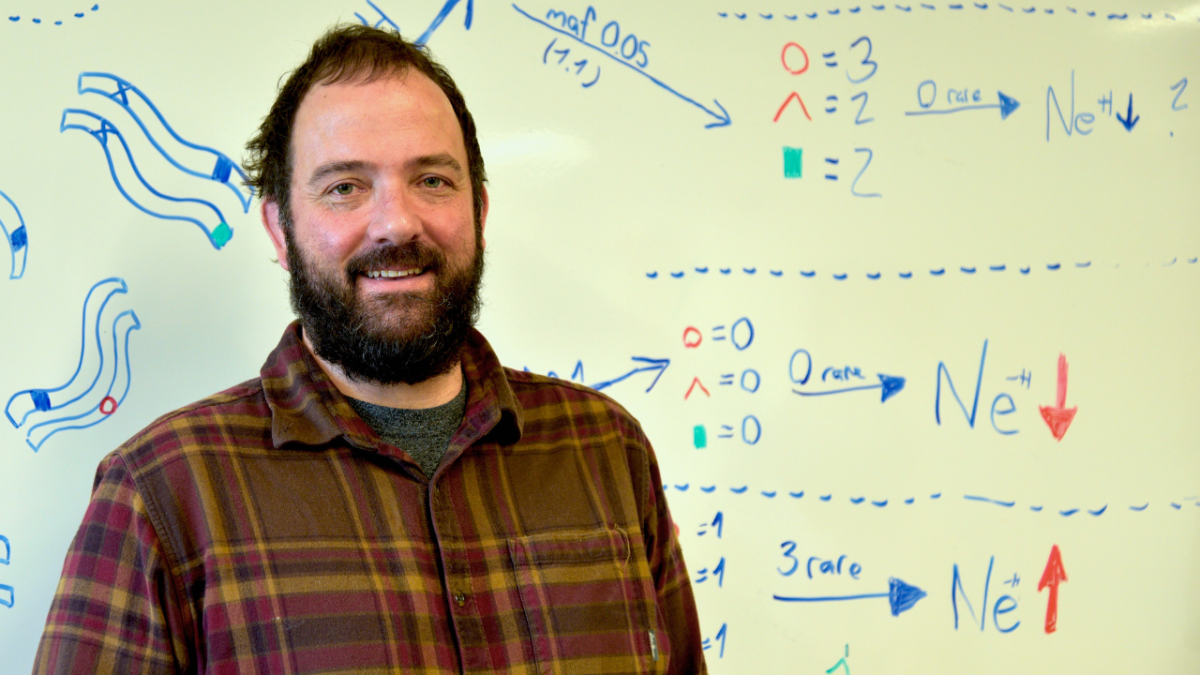
How human-caused environmental changes will change future biodiversity
Colin Garroway, Associate Professor, Department of Biological Sciences
The Arctic is warming up four times faster than the global average. This provides an opportunity for new predators such as killer whales to make their way into the Arctic, preying on narwhal, bowhead and beluga whales who have never experienced direct predation from them. This is one of the areas that Colin Garroway and his research team study at the University of Manitoba. Garroway is an associate professor at the department of biological sciences whose research revolves around biodiversity. Garroway and his team are utilizing technological advancements in genetics to connect the macro-scale biodiversity patterns to fine-scale evolutionary changes.
When asked why UM is the place to study how human-caused environmental changes will change biodiversity in the future, Garroway points out that we have local offices of Fisheries and Oceans Canada, Environment and Climate Change Canada and lots of government research programs that are directed at Arctic species here in Manitoba.
He goes on to point out that studying polar bears, arctic whales and the subarctic species that are moving into the Arctic, is more than seeing these fascinating species and being in the field. He explains how most of the research is crunching numbers and keeping alive one’s sense of curiosity. After all, he got into this field following his passion for the outdoors and a broken arm! To hear the full story and learn more about his research, visit the Faculty of Science’s YouTube channel.






